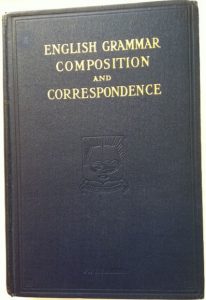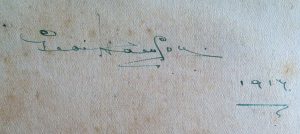Tell your truth beautifully…
“Words, English words, are full of echoes, of memories, of associations… They have been out and about, on people’s lips, in their houses, in the streets, in the fields, for so many centuries…” So begins the only known recording of Virginia Woolf, who goes on to explore why it is so difficult “to create beauty… to tell the truth…” with the “half-a-million words all in alphabetical order” at our disposal.
Easy or not, and our current culture’s love of image notwithstanding, words are arguably our primary tool for telling the truth and creating beauty (ideally at the same time). As neuroscientist Lisa Feldman Barrett says, “Humans have a special power to connect with and regulate each other: words. In my research lab, we run experiments to demonstrate this power of words. Our participants lie still in a brain scanner and listen to evocative descriptions of different situations. One is about walking into your childhood home and being smothered in hugs and smiles. Another is about awakening to your buzzing alarm clock and finding a sweet note from your significant other. As they listen, we see increased activity in brain regions that control heart rate, breathing, metabolism and the immune system. Yes, the same brain regions that process language also help to run your body budget. Words have power over your biology – your brain wiring guarantees it.”
Given the undoubted power of words, what can we do to up our chances of using them wisely and well? Virginia Woolf has some good advice at the end of her talk: “words…like us to think, and they like us to feel, before we use them…they like us to pause…”
So the next time you have to use one or more of those half-a-million plus wonderful words in our lovable language, take a moment. Listen for the echoes. Look for the associations. Think about what you feel. Do your best to tell your truth beautifully.

